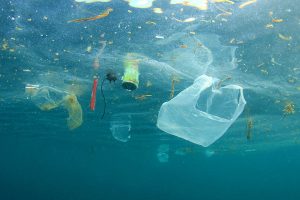
Credit: Rich Carey/Shutterstock
A Spanish plastics research institute has begun work on two recycling initiatives. One effort will target floating ocean plastics, and the other will recycle PE and EPS generated by businesses.

Credit: Rich Carey/Shutterstock
A Spanish plastics research institute has begun work on two recycling initiatives. One effort will target floating ocean plastics, and the other will recycle PE and EPS generated by businesses.
 Major brands fund a recycling outreach campaign to thousands of students, and prices increase for recovered PET and HDPE.
Major brands fund a recycling outreach campaign to thousands of students, and prices increase for recovered PET and HDPE.
 With a new strategy to tackle plastics, the European Commission says it has the recycling industry’s back.
With a new strategy to tackle plastics, the European Commission says it has the recycling industry’s back.
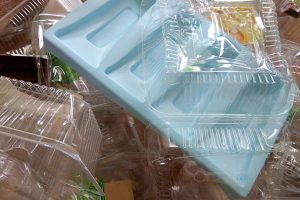 An integrated processing, consulting and testing company has launched a service to help brand owners develop recycling-friendly plastic packaging.
An integrated processing, consulting and testing company has launched a service to help brand owners develop recycling-friendly plastic packaging.
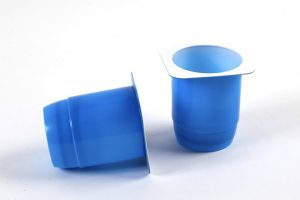 Unless you’re buying seafood (and maybe not even then) fishy smelling food and drink packaging isn’t going to fly. A project in Europe is working to deodorize EPS from fish boxes so they can be recycled into new food-contact products.
Unless you’re buying seafood (and maybe not even then) fishy smelling food and drink packaging isn’t going to fly. A project in Europe is working to deodorize EPS from fish boxes so they can be recycled into new food-contact products.
 Two industry groups have released reports examining plastic packaging recycling in Europe and where it’s headed.
Two industry groups have released reports examining plastic packaging recycling in Europe and where it’s headed.
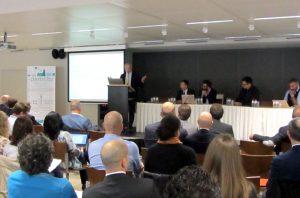
The first workshop for the DEMETO project, held Sept. 28 in Brussels.
The European Union will invest millions of euros into advancing a microwave depolymerization technology for PET container scrap and polyester in discarded textiles.
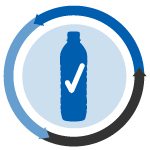 A scientific panel signed off on a slew of PET recycling technologies this year, determining they produce clean RPET that can be used in food and drink packaging.
A scientific panel signed off on a slew of PET recycling technologies this year, determining they produce clean RPET that can be used in food and drink packaging.
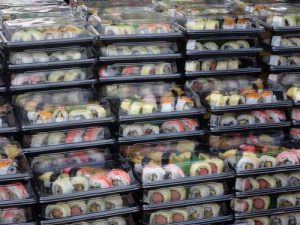 In Europe, thermoform packaging is using more and more RPET content, but impediments remain to efficient recycling of the thermoforms themselves. A workshop recently discussed the issues.
In Europe, thermoform packaging is using more and more RPET content, but impediments remain to efficient recycling of the thermoforms themselves. A workshop recently discussed the issues.
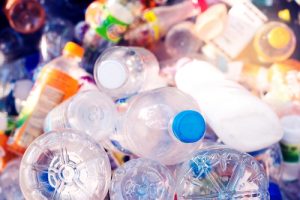 For years, a European Union panel has given its thumbs up to using recycling processes to generate food-contact recycled plastics, but those opinions aren’t official government “approvals.” Some groups say the lack of official authorization from the European Commission has lead to damaging uncertainty for the industry.
For years, a European Union panel has given its thumbs up to using recycling processes to generate food-contact recycled plastics, but those opinions aren’t official government “approvals.” Some groups say the lack of official authorization from the European Commission has lead to damaging uncertainty for the industry.

